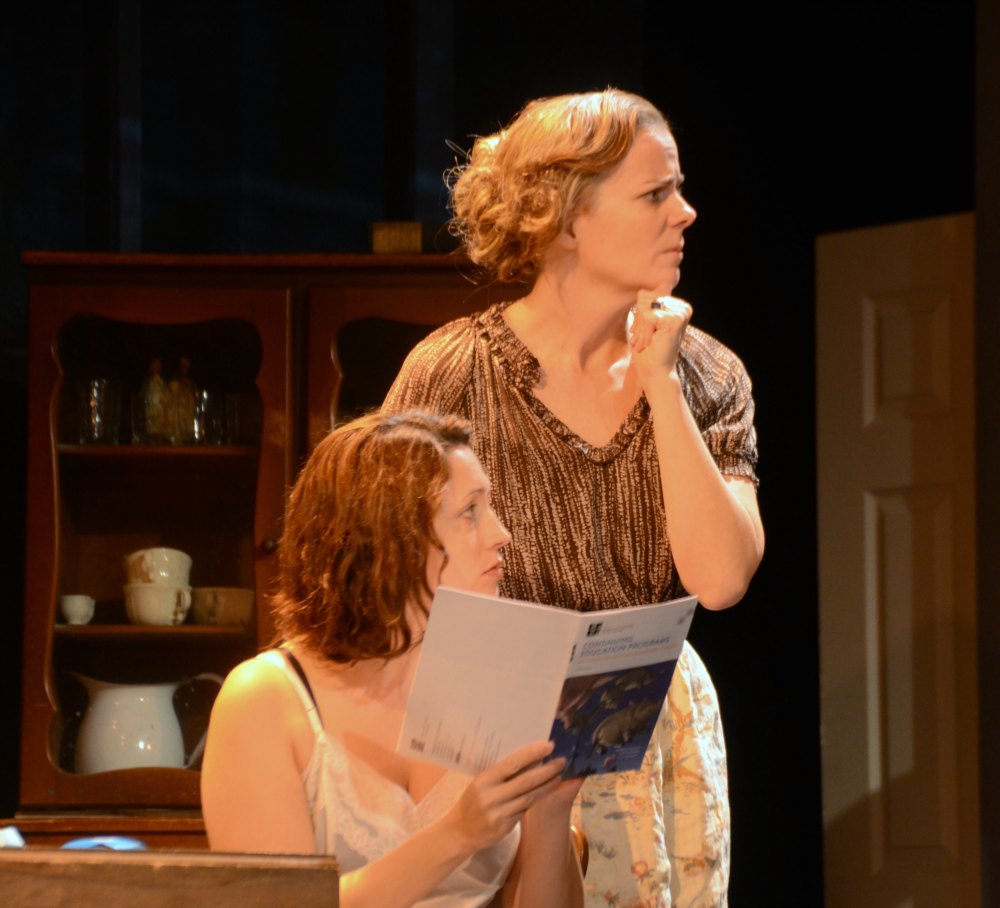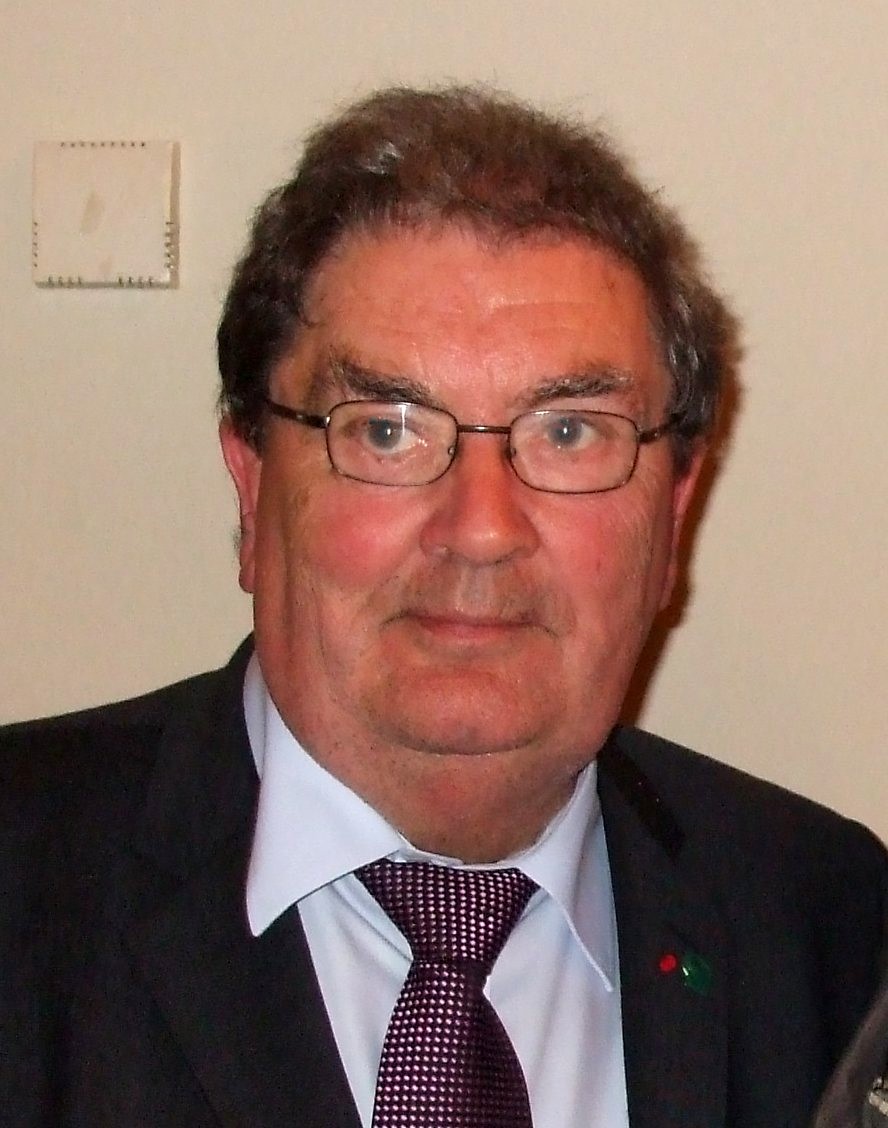Sean O’Casey’s “Juno and the Paycock” is a staple of Irish theatre. Of all the plays of that genre that could possibly be presented onstage, it is one of the most difficult.
Compared to the Irish Heritage Theatre’s recent production of O’Casey’s “The Shadow of a Gunman,” “Juno and the Paycock”—the second play in O’Casey’s Dublin Trilogy—is a very different play, says producer, playwright and actor Armen Pandola.
For one thing, “there are a lot of different characters,” Pandola explained one night earlier this week as he awaited the start of a rehearsal at Plays and Players Theatre, where “Juno” is now playing through October 31. “Nobody wants to do plays with 14 characters. This is a very communal effort. It sounds cliché, but those chains are only as strong as their weakest link.”
The theatre company has tossed in one additional challenge in presenting its ambitious production at the grand old Plays and Players, tucked away on Delancey Place, between 17th and 18th Streets in Center City. There are a lot of seats to fill. “This is our biggest venue so far,” Pandola said. Fortunately, the company is mounting its production together with Plays and Players. “We couldn’t have done it without them,” he says.
“Juno and the Paycock” needs a large canvas, and not just because of the size of the cast. “Juno” is a complex drama—leavened, at least in the beginning, with a measure of comedy—with the Irish Civil War serving as an ominous backdrop.
Juno is the longsuffering matriarch of the Boyle clan. Her drunken, lazy, ne’er-do-well husband “Captain” Jack—it’s a specious honorific, as you’ll find out—is one cause of all that suffering. Another is her son Johnny, who lost an arm in the War of Independence and who thanks to the betrayal of a friend also has good reason to fear retribution from the IRA. And finally there is the idealistic, highly principled Mary, who is on strike.
“Juno” documents the rising and falling fortunes of this struggling, troubled little family, as well as their daily interactions with a colorful (and in some cases morally dubious) cast of characters that give “Juno” such rich texture.
“Each play (in the Trilogy) has its own message,” said Kirsten Quinn, a veteran actress who plays the role of Juno. “In this case, it’s about the family. It’s near the end of the war, and they’ve been going through this for years. Johnny is afraid of being drawn back into that lifestyle, even though there’s not much more he could do. You see the underlying tragedy the moment Johnny comes in. The daughter Mary is the one we have the most hope for. With her, a principle is a principle. Juno is focused on her children, but when it comes to Jack, she’s really an enabler. And almost everybody betrays somebody else.”
All in all, she believes, it makes for an absorbing night of theatre, and a true test for the company. “We’re not used to this many seats,” she agreed with Pandola. “We usually play smaller venues, and it is hard to present a play with a cast like this. And it’s a challenge to do a play that is this iconic.”
“Juno and the Paycock” runs through October 31 at Plays and Players Theatre, 1714 Delancey Place in Philadelphia. Showtimes: Wednesday-Saturday at 7 p.m. and Sundays at 2 p.m. Tickets are available online at www.irishheritagetheatre.org


